
Vendetta Politics: The Unjust Arrest of Kailash Sirohiya
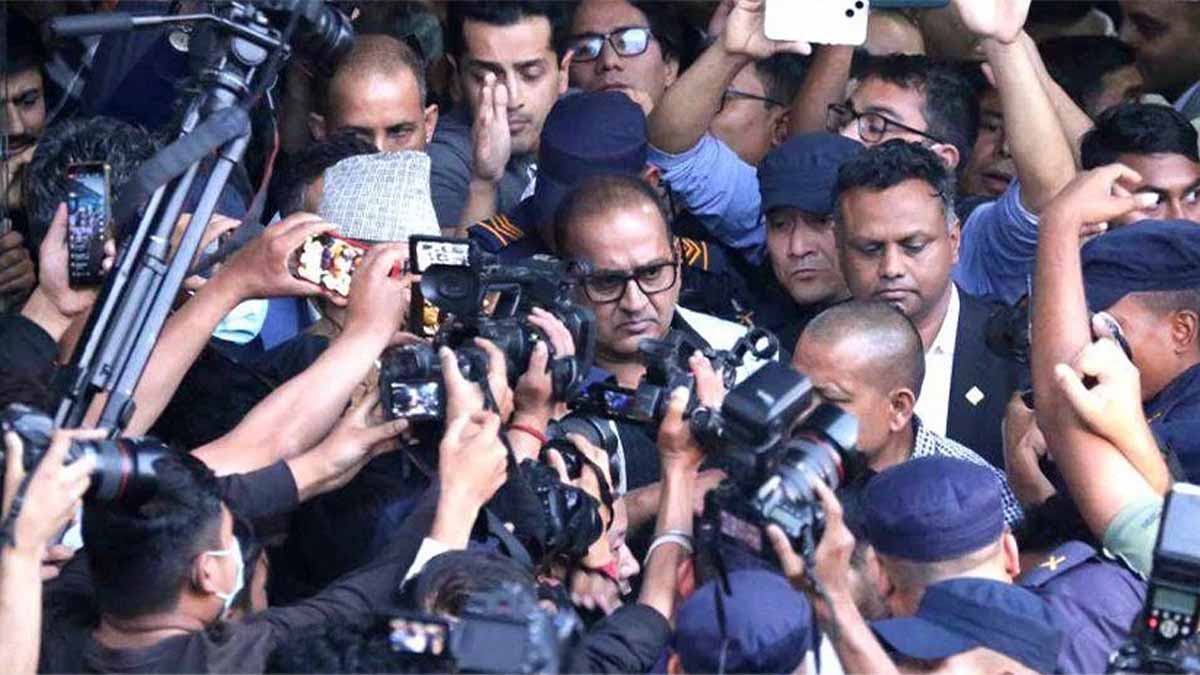
Home Minister Rabi Lamichhane committed a gross abuse of his authority on Tuesday by ordering the Nepal Police to arrest Kailash Sirohiya, the chairman of Kantipur Media Group (KMG). Sirohiya was at work as police officers barged into his office at the KMG headquarters in Thapathali, Kathmandu.
We have no objection to law enforcement officers fulfilling their duty as per the law of the land and are committed to fully supporting the state in an impartial investigation into the alleged discrepancies in Sirohiya’s citizenship certificate. However, we are also cognizant of the politics of vendetta being pursued against Sirohiya by Home Minister Lamichhane, who has been riled by the consistent, fact-based reporting of Kantipur, our sister publication, on his alleged involvement in cooperative frauds.
Coming on the heels of persistent calls for a parliamentary probe into his alleged frauds, Lamichhane has made no secret of his intention to play the politics of vendetta against the KMG. This is not the first time Lamichhane has launched an attack against the group. Over a year ago, as he struggled to salvage his image in the wake of the case against dual citizenship, Lamichhane opened a barrage of unsubstantiated allegations against KMG. That Lamichhane harbors a grudge against the group for fulfilling its duty of fearless, factual reporting is thus well-documented.
But the home minister’s action against KMG should not be taken as a singular event. It is, rather, an attack on press freedom through the misuse of state machinery, and it is going to set a dangerous precedent. It is ironic that Lamichhane, a former mediaperson, has taken an authoritarian approach to punishing another mediaperson for unfavourable reporting about him. In having Sirohiya arrested, Lamichhane has exposed his undemocratic character as a politician.
Sirohiya’s arrest takes us back to the early 2000s when press freedom was at an awfully low point. In 2001, the then government had arrested Kantipur Publication publishers Kailash Sirohiya and Binod Raj Gyawali as well as Kantipur Editor-In-Chief Yubraj Ghimire on the grounds of publishing an opinion article that it considered “objectionable.” Later, in 2005, when King Gyanendra Shah imposed dictatorial rule, he sent the country’s army and police forces to the newsrooms of Kantipur and The Kathmandu Post, along with dozens of other newsrooms in the Kathmandu valley and elsewhere in the country to ensure that no negative news about the government could be published.
Over almost three decades of its service to the nation, the private media houses in Nepal, with Kantipur Publications at its head, have repeatedly stood up to injustices and defended the rights of the citizens—and they will continue to report on corruption cases such as the one the home minister is embroiled in. The politics of vendetta and fear has never worked in favor of authoritarian regimes, and it will not work this time around. The Nepali media has never bowed down to the politics of fear and, rest assured, we will continue to fulfill our duty of informing the citizens without fear or favour.


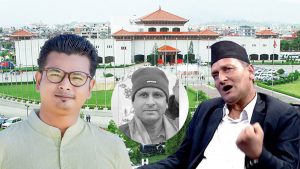
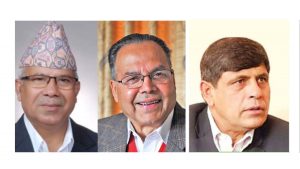
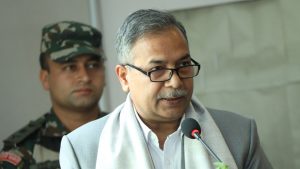
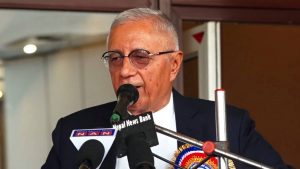
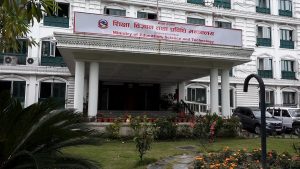







Comments